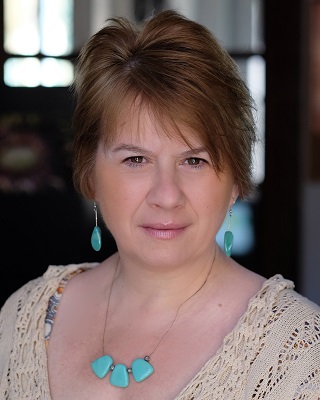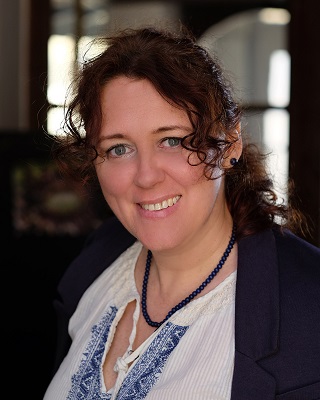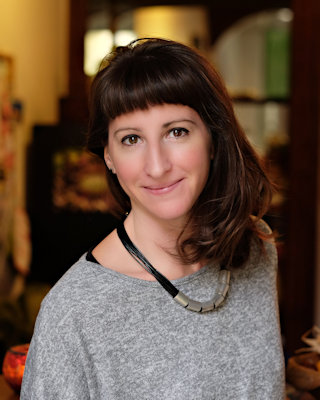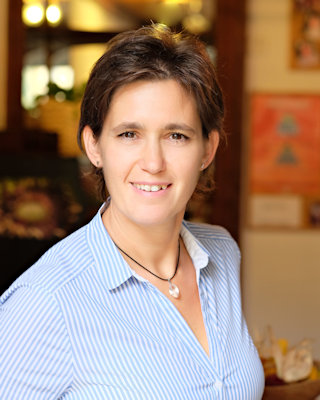Family mediation
There is no family without conflict. However, every conflict is an opportunity to talk about what we need to work better together and what each of us can do to achieve it.
The meaning of family mediation
In family mediation, we help participants to say what they want, what they need and to listen to the other participants' views, needs, feelings and interests. Whether they are family members living together or not, in mediation, a neutral and impartial professional helps the parties to discuss all issues in a way that they have not been able to do before. Family mediation is an emotional process, which is natural, but we don't shy away from emotions, we use them to the benefit of the process: we look for needs behind the complaints, and instead of unravelling past mistakes, we look at what each of us can do in the present to make relationships work better in the future.
The stages of the family mediation process
Family mediation is a process. A single session is not a miracle, but often it is enough to get family members to sit down and talk about their problems. We can also change our old communication patterns if we are given the tools to do so in a supportive environment. In other words, we also talk about how to talk to each other.
- The person concerned calls the mediator on the phone and can briefly explain the situation they are asking for help with. The mediator asks questions to explore the communication and relationship between the parties and gives detailed information about the mediation process: how long it will take, how much it will cost, who should be present, etc.
- When all parties involved have spoken to the mediator on the phone, we will arrange a mutually convenient time to meet in person.
- At the end of the first session, we will discuss how to proceed. A mediation session lasts 2.5-3 hours, and a full mediation process consists of 1-5 sessions. Although partial agreements can be reached in the first session, experience shows that it takes more time to develop a new kind of cooperation, and it is good to have a safe communication medium and a trained professional where this can happen under the right conditions. Any change can only be integrated into our lives with the right support.
- If an agreement is reached, we will put it in writing. This is not a legal document, it is a reference point for the family members involved to refer back to if things get stuck.
- Once the mediation process is over, the mediators will contact the parties a few weeks after the process has ended to see if they still need further support.
Since every mediation process is different, because every person and every relationship is different, we cannot predict how many sessions will be needed to achieve the desired change. One thing is for sure: if the participants are really motivated, there is a very high chance of finding mutually beneficial solutions. Whether it's parent-child, parent-parent or sibling disputes, it's worth taking the time and energy to talk about our family relationships - with each other, for support.
What can I do if I want to come to mediation but family members don't want to hear about it?
Even if the other party is not open to dialogue, you can do a lot to prevent communication between you from deteriorating. Conflict consultationWe will help you find your own resources and communication strategies tailored to the situation. Our methodological tools are based on constructive communication. After the conflict consultation, you can return to your everyday environment with a change plan and, if you wish, we will guide you through the change process, so you can consult our mediator colleague several times.
As a result of the consultation, you will
- You can see your own room for manoeuvre in a given case, so you can handle the situation more consciously
- Learn to recognise the current phases of a conflict and adapt your solutions accordingly
- You can reduce your stress because you can see more aspects from the outside
- Gain skills and practice in constructive communication tools, increasing your personal effectiveness by providing you with tools that can be adapted to other situations
- You're not alone as you look for solutions, and with expert support you can make changes more consistently in important situations.
Are you unsure whether family mediation is the best solution to your problems? Want to know more about how it can help you resolve family conflicts? Contact us!





